Christmas Under German Occupation – Julian Kulski: Part 3
Continuing our series of blog posts about Christmas under German occupation—
This is the third and final part of Julian Kulski’s descriptions of Christmas under the Germans. Kulski is the author of The Color of Courage—A Boy At War: The World War II Diary of Julian Kulski, with a Foreword by Lech Wałęsa, Nobel Peace Prize Laureate, and Introduction by Rabbi Michael Schudrich, Chief Rabbi of Poland. Kulski describes Christmas as he experienced the holiday over the war years. Through his changing descriptions, we can see the impact war was having. Click here for Part 1 (Christmas 1939 and 1940) and Part 2 (Christmas 1941).

As a 15-year-old commando in the Polish Underground Army, Julian fought against the Germans in the 1944 Warsaw Uprising which lasted two months, from August 1 to October 2 when the Polish forces were forced to capitulate. They had endured some of the bitterest, most brutal street fighting ever seen in modern times. With little support from the Allies (and even obstruction by their supposed Ally, the Soviet Union, which refused to allow supply planes land and refuel on nearby Soviet territory), the Poles were finally starved, outmanned and outgunned by the Germans.
Christmas 1944 saw Julian as a 15-year-old POW in Stalag XI-A, which housed tens of thousands prisoners of many nationalities, including women. As it turned out, Julian discovered that among the Polish women prisoners were twins Danka and Basia, whom he knew.
 Excerpt from The Color of Courage—A Boy At War: The World War II Diary of Julian Kulski:
Excerpt from The Color of Courage—A Boy At War: The World War II Diary of Julian Kulski:
CHAPTER 5
AGE 14: 1943 — GHETTO UPRISING; CAUGHT BY THE GESTAPO
p. 167:
Thursday, January 7 — I have not seen my family since Christmas, which we spent simply and quietly, but happy at least to be alive and together.
CHAPTER 6
AGE 15: 1944 — THE WARSAW UPRISING
pp. 362–363:
Saturday, December 23 — Christmas is coming and we have been saving food for a Christmas Eve dinner we planned to share with the girls. But today, just two days before Christmas, the Germans have taken them away to another camp.

Beaten and herded together by the Germans, the girls had to wait in the frost and snow for a train which took them to a special camp for women from the Home Army. Some of them were seriously wounded and were left lying on stretchers in the snow for several hours. In spite of all that we had seen and been through, this still struck us as unbelievably cruel.
Their departure is very painful to describe. Even some of the older, seasoned soldiers wept while saying good-bye to them. After they had gone away, there was silence and everyone realized just how much they had done for us, and how much they meant to us. At the same time I can’t help being glad that we still have such feelings left—that the Germans haven’t succeeded in demoralizing us to the extent that we are impervious to suffering.

Sunday, December 24 — So, I am spending Christmas Eve with my memories, thinking of the table around which my family will be sitting for the traditional dinner, and wondering which of us will live. I know there will already be empty chairs at the table for Uncle Norbert, for me, and for Aunt Wanda.
Monday, December 25, Christmas Day — The Dutch contingent staged an amateur play and talent show today, and invited us over in an effort to cheer us up. But it is hard not to be despondent—I was not even able to say good-bye to the twins, and it seems that I have lost my last link with home. I have had two more letters from my parents, but nothing has changed there and there’s only so much they can say in one page anyway.


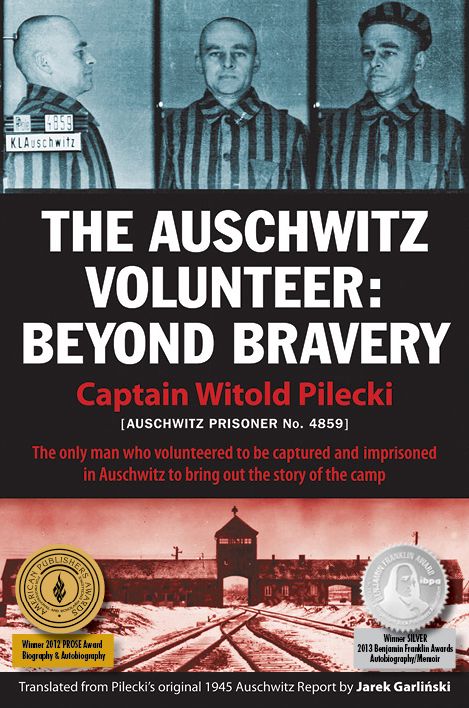
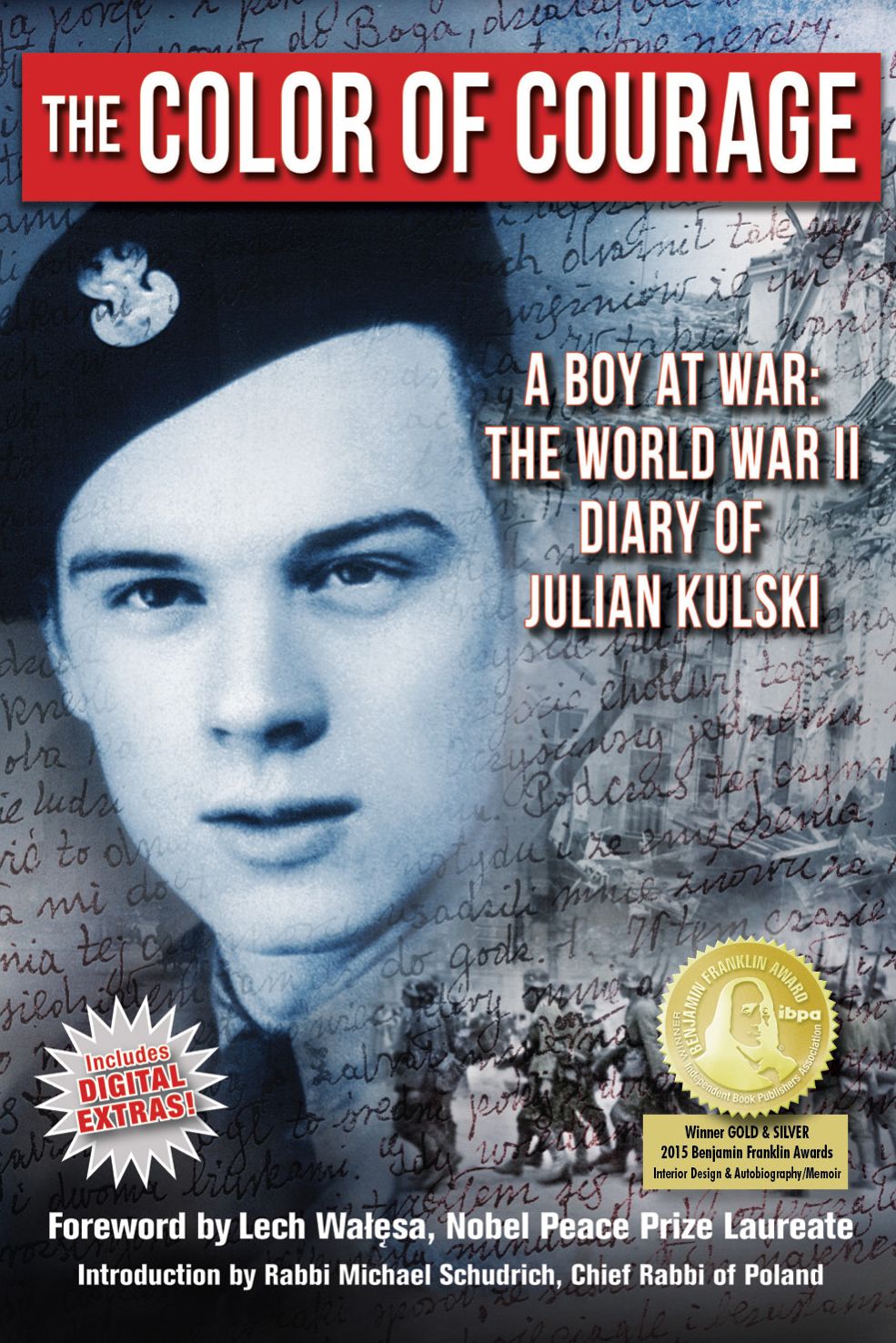

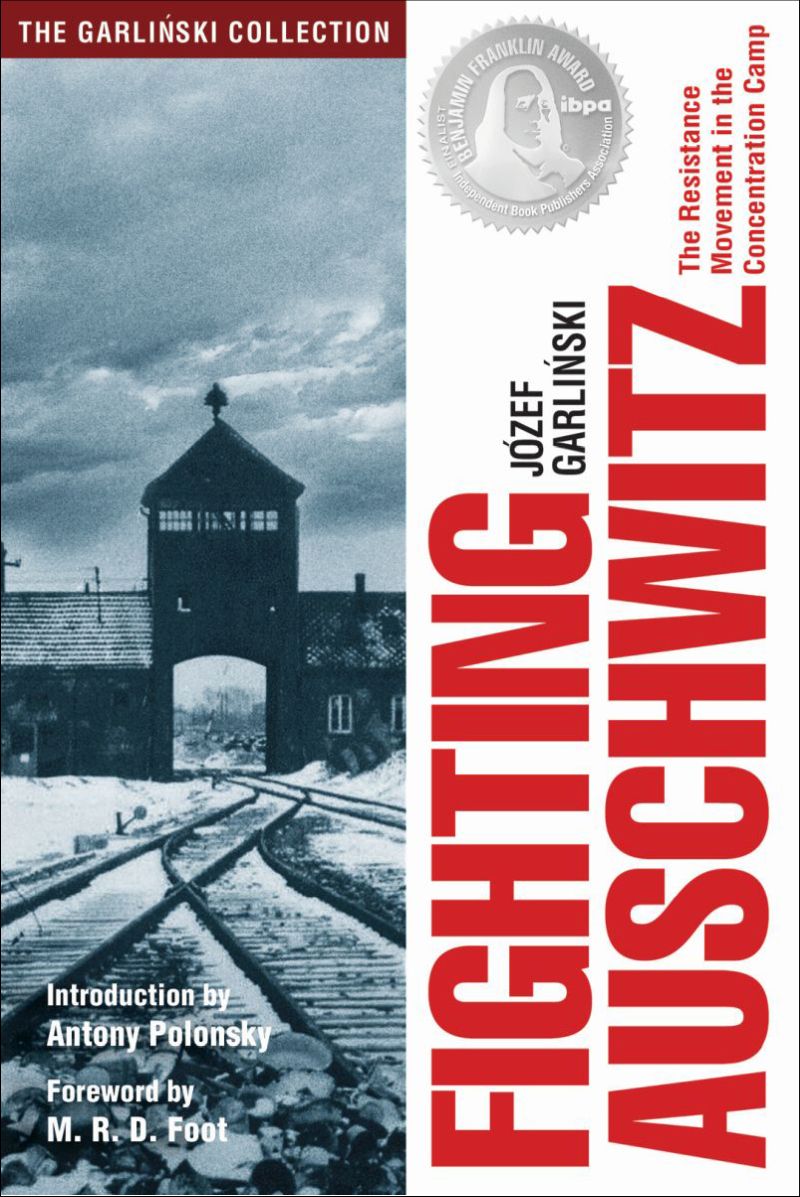
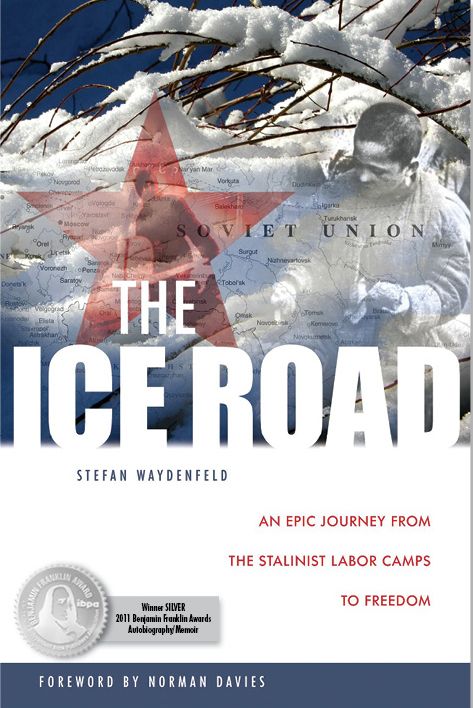
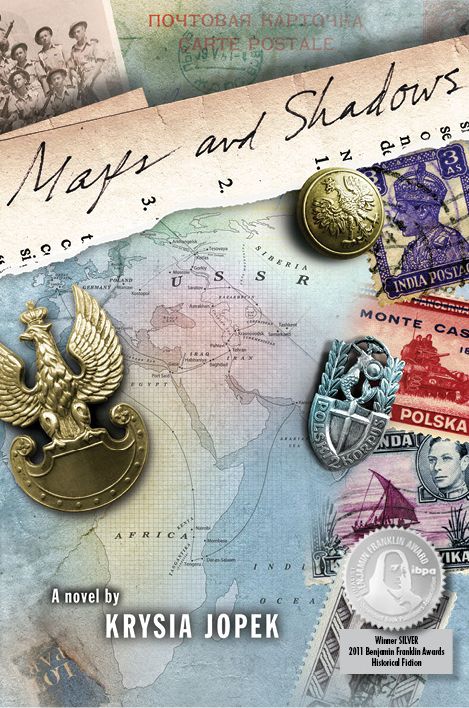
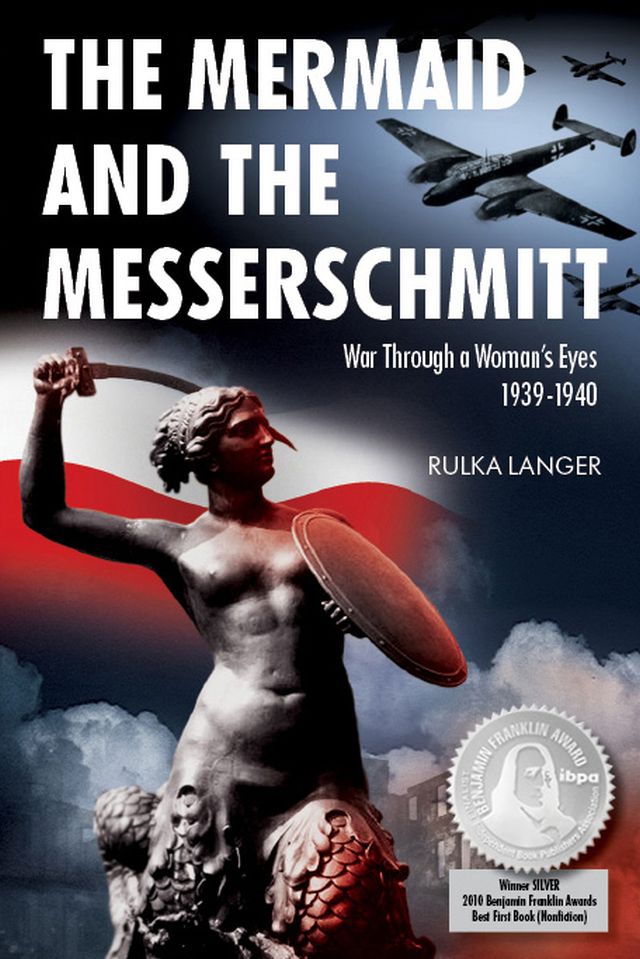

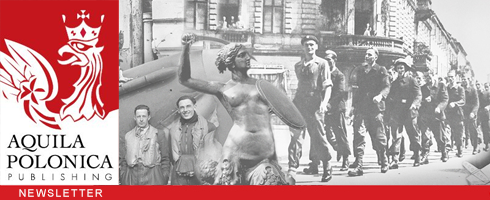

No comment yet, add your voice below!